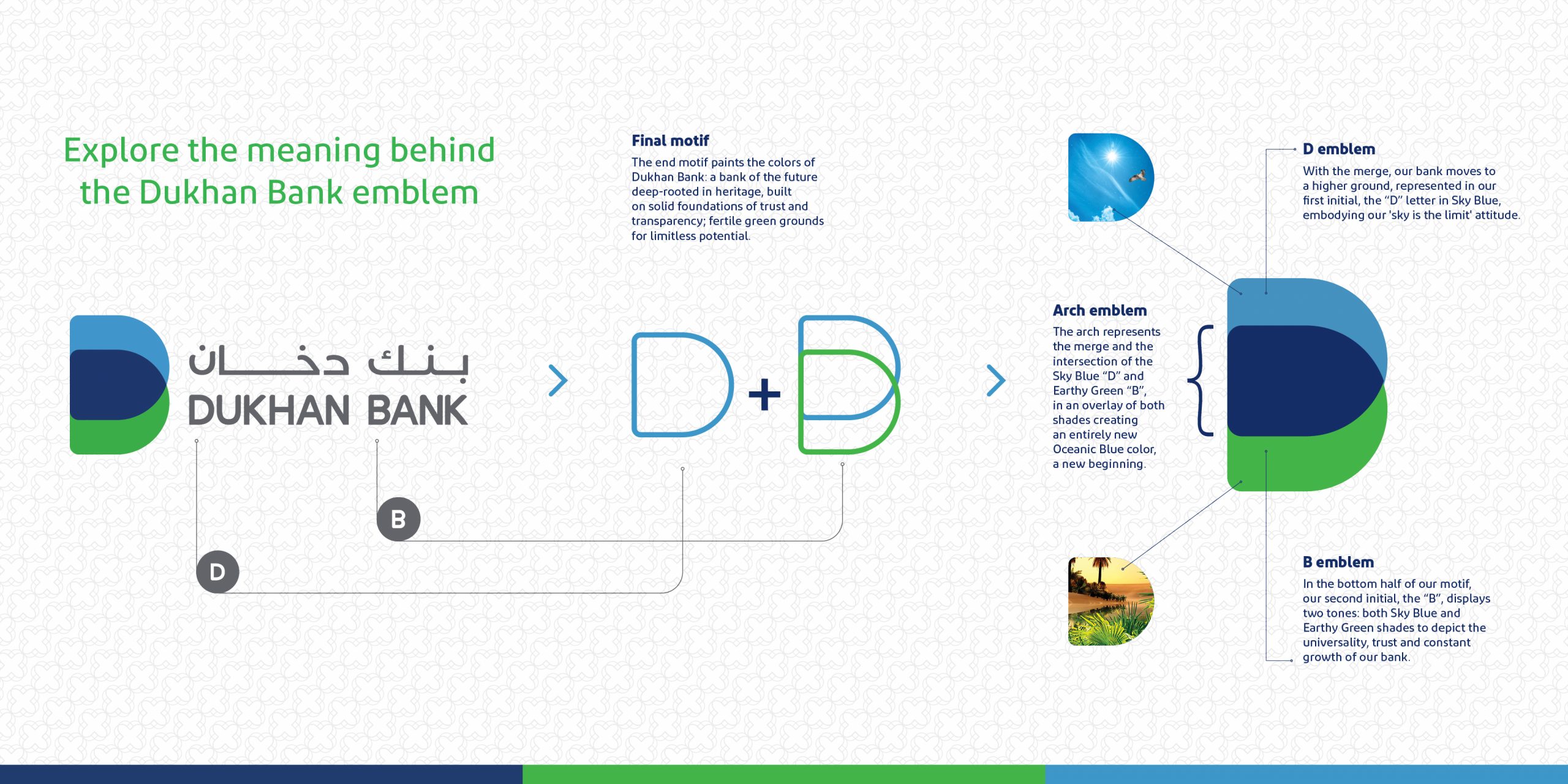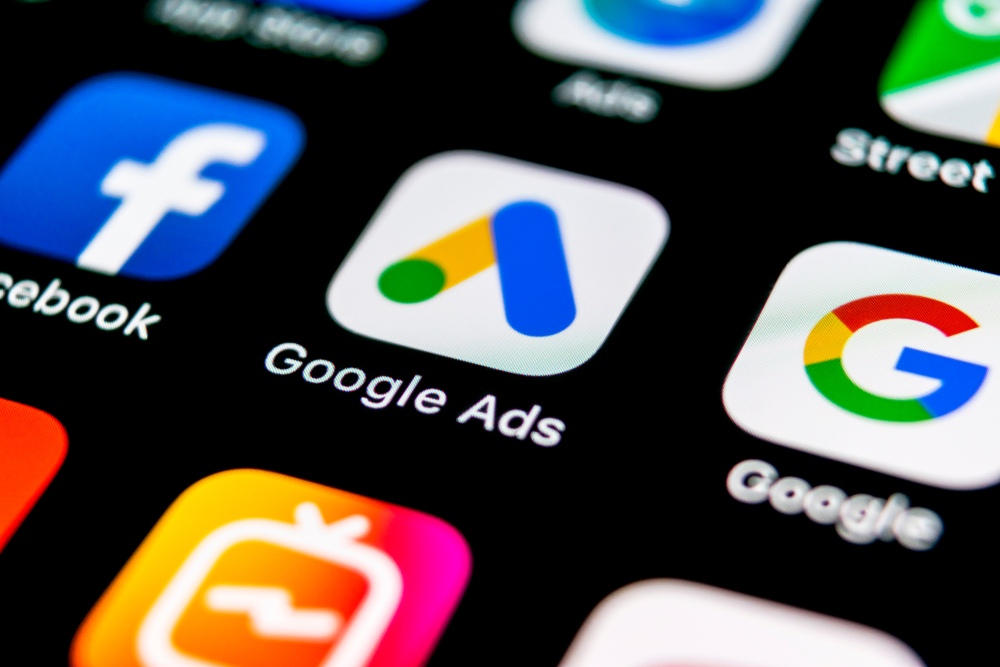Elizabeth Warren, prominent antitrust academics and even a Facebook founder have all called for an antitrust suit to break up Facebook. Now state attorneys general have announced an investigation.
But breakup advocates should be careful what they wish for because the real problems Facebook creates – addicting people like a drug, promoting fake news, allowing a foreign power to tip a presidential election, allowing mass murderers to broadcast their massacres and diminishing our privacy – are all likely to be aggravated, not mitigated, by a breakup.
Breakup advocates are right that Facebook’s acquisitions of WhatsApp and Instagram eliminated competition. Unwinding these mergers would most likely create more competition, which is exactly what antitrust law seeks.
Antitrust law promotes competition to keep prices low so that Americans can afford more goods and services, with the implicit assumption that goods are good and the more the better. More competition is a great thing in markets where firms produce goods – things we really do want more of. But more competition is not a great thing in markets where firms produce bads – things that cause harm. In those markets, increased competition is likely to lead to even more bads.
The sad truth is that alongside the goods it produces, Facebook produces many bads. Even worse, these bads have been central to its success. If Facebook weren’t so addictive and engrossing it would not have grown so much. If Facebook didn’t feed red-meat false news to the angry electorate, they would not be so riled up and craving more. If Facebook weren’t so good at splitting us up into narrow targeted audiences that have less and less in common, they would not make so much money from advertisers.
Tempting as it is to break up a behemoth that causes so much harm to our society, breaking up Facebook would most likely make things even worse. Once Facebook starts competing with independent versions of Instagram and WhatsApp, all three are likely to follow the same alluring path to growth that Facebook itself has blazed: producing bads. Competition could well trigger a race to the bottom, much as unregulated competition can lead to child labour, air and water pollution, unsafe products and other unsavoury practices.
Goods do not necessarily win out against bads. McDonald’s did not grow so fast serving food that is healthy for the body, and Facebook did not grow so fast serving fare that is healthy for the mind. Modern capitalism is driven by profits, not by social virtue.
Split Facebook into three firms and these firms will vie to creatively capture the attention of the world. The winner might do so even more effectively than Facebook has today, with effects even more pernicious.
To be sure, one might hope for a firm competing by offering to protect privacy as DuckDuckGo does in search, or by promising not to addict its users. But DuckDuckGo’s privacy promises have created no meaningful threat to Google, and it is far easier to see a rival toppling Facebook with a more addictive product than with a less addictive one. What startup does not dream of its product going viral? Lest we forget, viruses can be very harmful if not fatal.
When firms produce bads, the solution is regulation or taxation, not breakups or more competition. We need to identify the bads and ban them or tax them, just as we have with air pollution and cigarettes. Europe and California have begun regulating the bad aspects of digital industries, including Facebook. Federal regulation is now overdue.
If bads are not sufficiently regulated or taxed in any market like social media where firms can get ahead by producing them, then the seemingly simple “solution” of a breakup risks exacerbating the very problems it is intended to solve. – Tribune News Service
More on Technology






Leave A Comment
You must be logged in to post a comment.